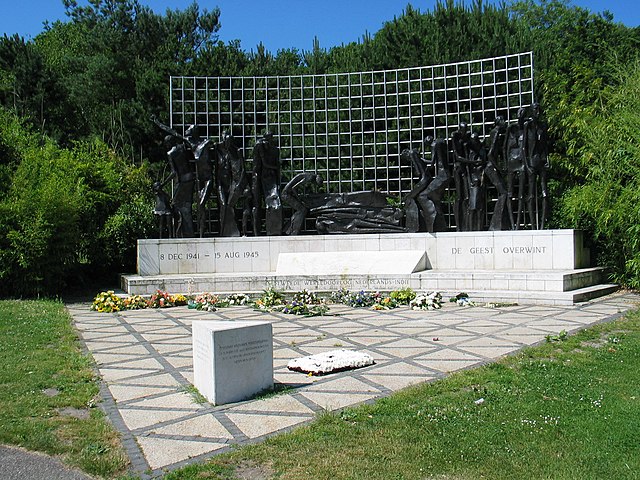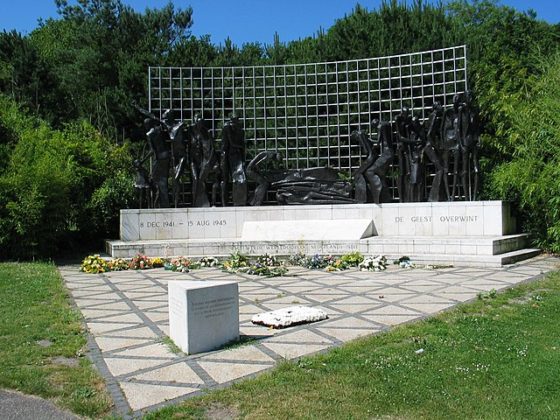Pressure grows for change to Indonesia commemorations


The Netherlands will commemorate all the victims of the Japanese occupation of the Dutch East Indies on Monday evening, on the date World War II officially ended in the kingdom.
August 15, 1945 was a ‘tipping point in Dutch history’ the event organisers say, and ‘to this day, the war in Asia still affects many people, families and our community as a whole’.
As a consequence of the war, around two million people with roots in the former Dutch Indies now live in the Netherlands, but many of them now have increasing difficulty with the commemorations, arguing that they do not have enough focus on the colonial aspects of the war and the Dutch role in Indonesia.
They also want an end to the military aspects of the official commemorations at the Indisch Monument in The Hague, the Volkskrant reported at the weekend. The event includes representatives of the armed forces as well as symbols of the Dutch occupation of the islands, including a regimental flag.
‘I can no longer bring myself to stand next to the pennant,’ theatre producer Bo Tarenskeen told the Volkskrant. ‘Dutch Indonesia was a violent, racist society in which Indo-Europeans faced discrimination,’ he said. ‘That too is part of the trauma.’
Thom de Graaf, who chairs the committee which organizes the commemorations, told the paper the role of the Dutch military is being downplayed and that the Indonesian ambassador also has a more important role in the wreath-laying part of the ceremony.
‘By giving him a bigger role, we are showing that we are not only remembering the European victims,’ he said.
In 2020, the monument was daubed with red paint just one day before the annual remembrance ceremony. Letters reading kami belum lupa or ‘we have not forgotten’ were painted across the front of the memorial, as was the date 17/08/45 – the date Indonesia declared its independence from the Netherlands.
The Netherlands did not recognise the country’s independence until December 27, 1949.
Independence
In February, prime minister Mark Rutte offered ‘deep apologies’ for the ‘systematic and widespread extreme violence’ used by Dutch armed forces in their attempts to put down the Indonesian struggle for independence between the end of the war and 1949.
He has also said sorry to the people of Indonesia on behalf of his current government, that ‘previous governments have consistently looked away.’
The apology is considered to be the first recognition by the Dutch state of its full responsibility for war crimes between 1945 and 1949, and it follows the publication of the initial findings of a four-year research project.
Television
The official commemoration ceremony has also been delayed to the evening this year and will be broadcast live on television.
Amsterdam and Rotterdam are holding their own de-militarised commemorations.
Thank you for donating to DutchNews.nl.
We could not provide the Dutch News service, and keep it free of charge, without the generous support of our readers. Your donations allow us to report on issues you tell us matter, and provide you with a summary of the most important Dutch news each day.
Make a donation